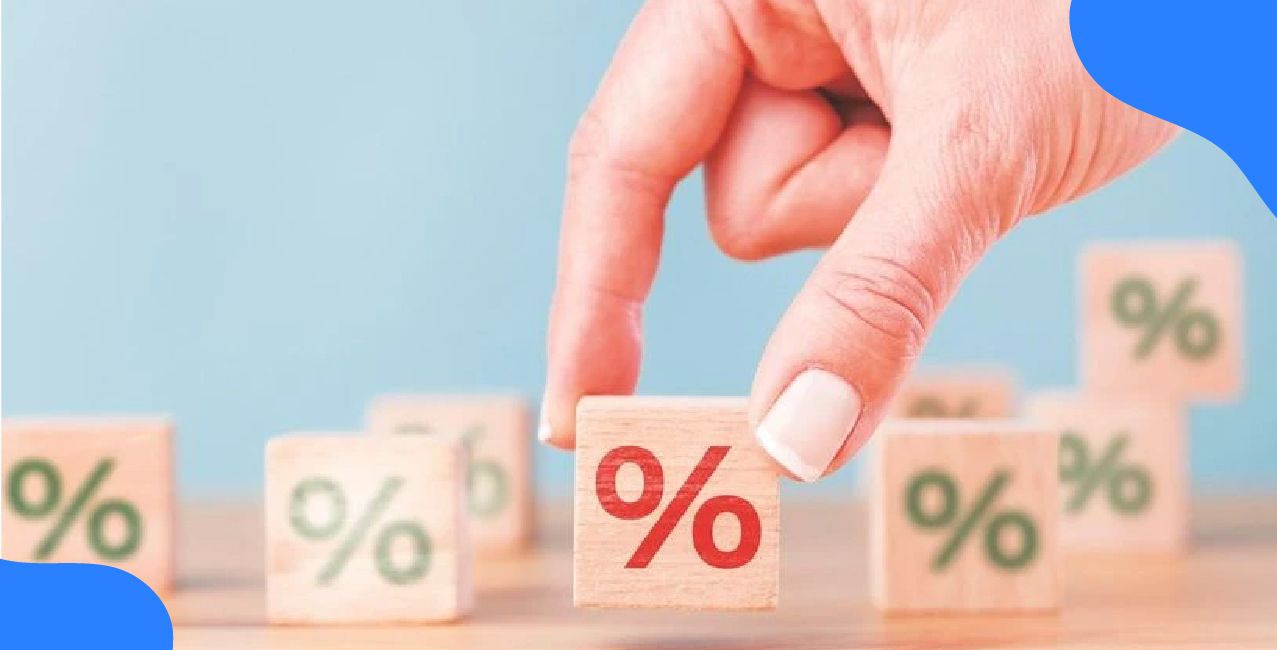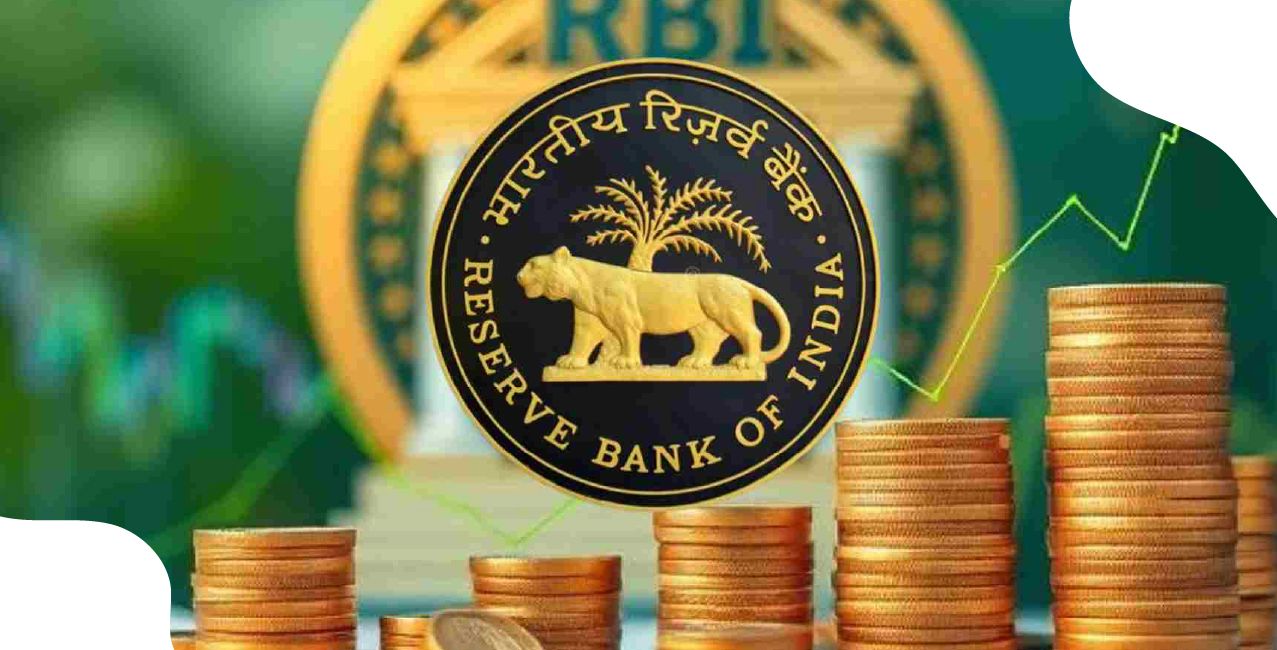
Author
LoansJagat Team
Read Time
4 Min
30 Aug 2025
₹48 Lakh Handed Over to Instant Loan App Scam Victims
Police in Visakhapatnam convert seized cryptocurrency into cash and return it to victims in a first-of-its-kind action in Andhra Pradesh.
How often does stolen money return to the pockets of the victims? In many cybercrime cases, the answer is rarely. This week in Andhra Pradesh, the Visakhapatnam Cyber Crime Police achieved what most victims of online fraud do not expect.
They returned ₹48 lakh in compensation to those who lost money in a large cybercrime loan fraud case. The sum was recovered after converting cryptocurrency seized during the investigation into Indian currency.
The official police report, issued on 13 August 2025 by the Visakhapatnam Police Commissioner’s office, states that 295 victims were identified. Out of these, nearly 100 people had direct financial losses due to fraudulent online lending apps. The operation is the first in the state where digital assets from such a scam were legally converted into cash and returned to the victims.
Instant Loan App Scam Victims Receive Payout
In this case, the victims of the instant loan app scam had been lured by mobile applications promising easy money. The Reserve Bank of India never authorised these platforms. Victims were charged high interest rates, faced threats, and had their personal information misused.
The police followed a digital trail of transactions, matched it with complaint records, and used mobile data to verify the victims. The ₹48 lakh compensation payout came only after a legal process that allowed the cryptocurrency to be converted into rupees. The funds were then directly credited to the accounts of the verified victims.
This payout is not only financial relief. It is also a message that online fraud can be traced, and recovery is possible with the proper enforcement action.
Read More – Loan Fraud in the Digital Age: New Scams and Advanced Defences
Cybercrime Loan Fraud Case Linked to Larger Network
The investigation has gone far beyond the payout. Earlier in 2025, the same cybercrime loan fraud case led to the arrest of a man from Kurnool. He was accused of supplying about 30 bank accounts to the loan app racket. These accounts acted as “mule accounts” to move and hide stolen funds.
This racket was connected to a suicide in Maharani Peta after a victim faced repeated harassment. The accused reportedly earned ₹12 lakh through his role in the network. Police discovered that the operation covered multiple states and used APK files to install unverified apps on mobile phones.
Fraudulent Online Lending Apps – A Widening Problem
The payout in Visakhapatnam is a single chapter in a much larger national problem. Government reports in 2025 warned that more than 8 million people in India had been targeted by fraudulent online lending apps. Victims often download these apps after seeing quick loan offers. Once installed, the apps gain access to the phone’s data and contacts.
These apps are not listed on official app stores or are disguised to appear legitimate. They bypass security checks by distributing APK files directly through links or messages. Once the borrower defaults or questions the repayment terms, threats, blackmail, and even public shaming begin.
The numbers show that cybercrime involving loan apps is no longer limited to small, localised schemes. It is now a national-level challenge for law enforcement.
Preventive Action and Advisory
The Visakhapatnam Cyber Crime Police did not stop at recovering money. They issued a public advisory urging citizens to avoid loan apps not approved by the Reserve Bank of India. The Ministry of Panchayati Raj also posted warnings on social media in 2024, alerting people about the risks of “instant loans in a few clicks.”
Banks have been told to be vigilant and reject commission-based account openings without proper verification. This is to block access to mule accounts, which are essential for cybercriminals to launder funds.
Also Read - Personal Loan Frauds on the Rise in 2025 – How to Identify & Avoid Scams
Separately, a 2024 blog report by Razorpay highlighted “digital arrest” scams. In such cases, fraudsters pretend to be police or government officers. They keep the victim on a video call and pressure them into transferring money. The blog stated that over 92,000 people in India lost money to such scams in 2024. While these scams differ in method, their goal is similar to loan app fraud – to extract money through fear and manipulation.
Conclusion
The ₹48 lakh compensation payout in Visakhapatnam is a rare success story in cybercrime recovery. It shows that money recovery from loan app scams is possible with thorough investigation and legal follow-through. Yet the scale of fraudulent online lending apps means many victims across India still suffer losses without relief.
This case also points to the importance of prevention. Public awareness, stricter banking checks, and timely advisories are as vital as police action. With the rise of multi-state cybercrime loan fraud cases, cooperation between states, regulators, and technology platforms will be essential.
The Visakhapatnam case proves that tracing digital money trails and converting even unconventional assets like cryptocurrency into compensation is possible.
About the Author

LoansJagat Team
‘Simplify Finance for Everyone.’ This is the common goal of our team, as we try to explain any topic with relatable examples. From personal to business finance, managing EMIs to becoming debt-free, we do extensive research on each and every parameter, so you don’t have to. Scroll up and have a look at what 15+ years of experience in the BFSI sector looks like.

Quick Apply Loan
Subscribe Now
Related Blog Post

LoansJagat Team • 05 Jan 2026

LoansJagat Team • 05 Jan 2026

LoansJagat Team • 31 Dec 2025